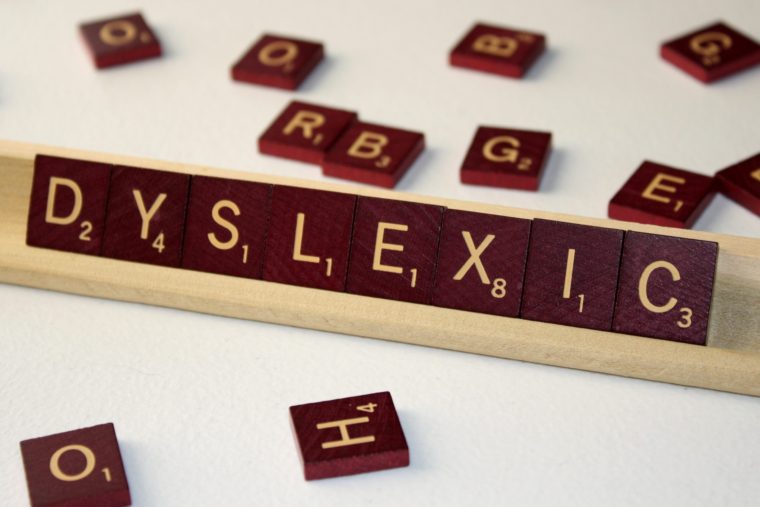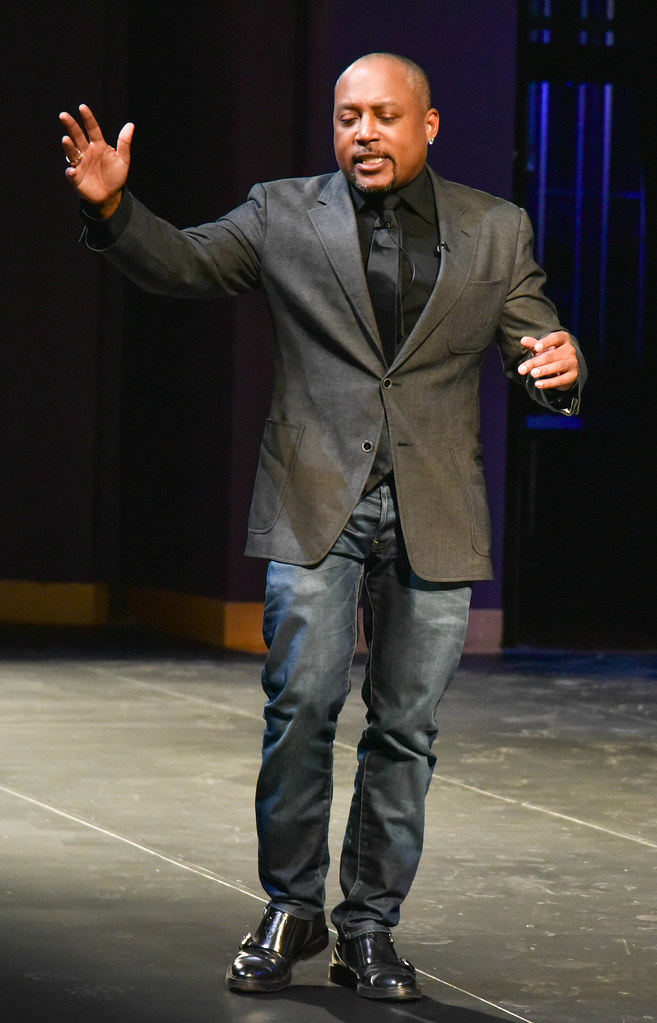When most people consider dyslexia, they think it is just about struggling to read. What is often missed is that there is also a speech processing component involved.

If parents and teachers are aware of initial warning signs of dyslexia, early intervention with research-based remediation can be used to help these children.
It is easy for observers to label children who confuse letters like b and d as dyslexic while missing those who struggle to link letters with sounds.
When I worked in a public school district as a speech-language pathologist, many teachers complained that some of their students were unable to recognize, much less manipulate, the sounds in words – a process (phonological decoding) that is unconscious and automatic, but still an integral part of reading.
Knowing that I advocated for screening and helping dyslexic students, they were quick to tell me about the students who confused letters, not realizing that letter reversals are common to all students up to grade one, but although perplexed and frustrated with the students who were unable to hear and process sounds, they never linked their difficulty with dyslexia.
Whereas speaking is a natural outgrowth of listening and associating with speaking adults and older children, reading must be taught. However, it requires some prerequisite skills. The child must somehow recognize that spoken words are made up of sounds, or else the work that letters do becomes mysterious.
The reading brain network uses mechanisms from the speech and language brain network. Because of that, atypical speech in young children is a red flag for atypical reading and also dyslexia.
So, parents, when you read Dr. Seuss’s books and nursery rhymes to your children and they have trouble with the rhymes and wordplay, take that as warning signs and have your child screened for dyslexia. You can read more about the connectedness in the phenomenal human brain here.
Did you know that children who demonstrate difficulty with speech, like mispronouncing long words, or transposing phrases, words, and syllables when speaking could be dyslexic?








